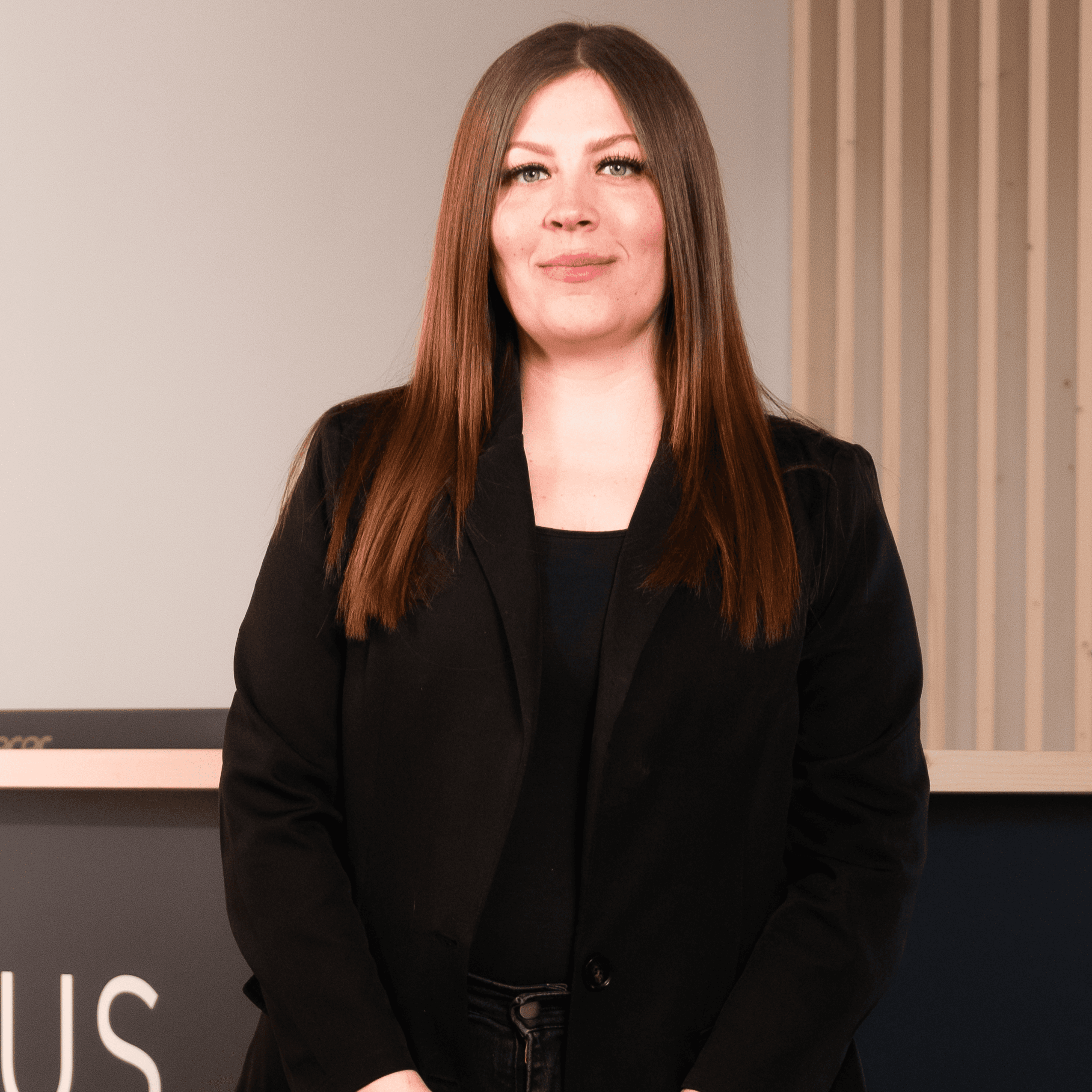In this webinar, we present a next-generation open-source multiphysics framework designed for flexible, scalable, and robust simulation of multi-region continuum problems within the OpenFOAM ecosystem.
You will gain deep insights into the formulation of generalized interface conditions, the software's layered C++ design, and its application. This webinar will focus on coupling for moving meshes in Fluid-Structure-Interaction (FSI) and Arbitrary-Lagrangian-Eulerian (ALE) interface tracking problems.
The learning objectives:
· Understand the unified mathematical formulation behind coupling
· Learn to assemble region- and interface-specific physics independently
· Apply monolithic and partitioned coupling strategies effectively
· Gain fundamental strategies for domain decomposition and parallel execution
· Explore how to use the framework in real-world applications and benchmarks
Who is the webinar suitable for?
· Researchers and engineers working on coupled physics simulations
· Computational scientists building high-fidelity digital twins
· Developers of FSI, and multiphase flow models
· HPC specialists seeking modular and scalable CFD multiphysics solutions
· Advanced OpenFOAM users developing custom solvers
An Overview of the Webinar Topics
Introduction to computational multiphysics and its motivation
Mathematical foundation: generalized equations and interface conditions
Design philosophy: modularity, extensibility, and high-performance parallelism
Implementation features: run-time selection, object registry, coupled boundary conditions
Application: Fluid-Structure-Interaction (FSI), Arbitrary-Lagrangian-Eulerian (ALE) interface tracking
"We save a significant amount of laboratory work, which is tedious, time-consuming, and requires a lot of personnel. It is so user-friendly that even non-engineers can operate the StrömungsRaum®."
"The introduction of automation into our simulation processes through the expertise of IANUS has brought significant advantages for both us and our clients."
"Through the partner package, we can quickly execute spontaneous simulations of coil distributors. We just have to send the tool geometry and the process point; the rest is handled by IANUS itself. This saves us valuable resources."
Jesus Puente
Engineering Manager BBM






